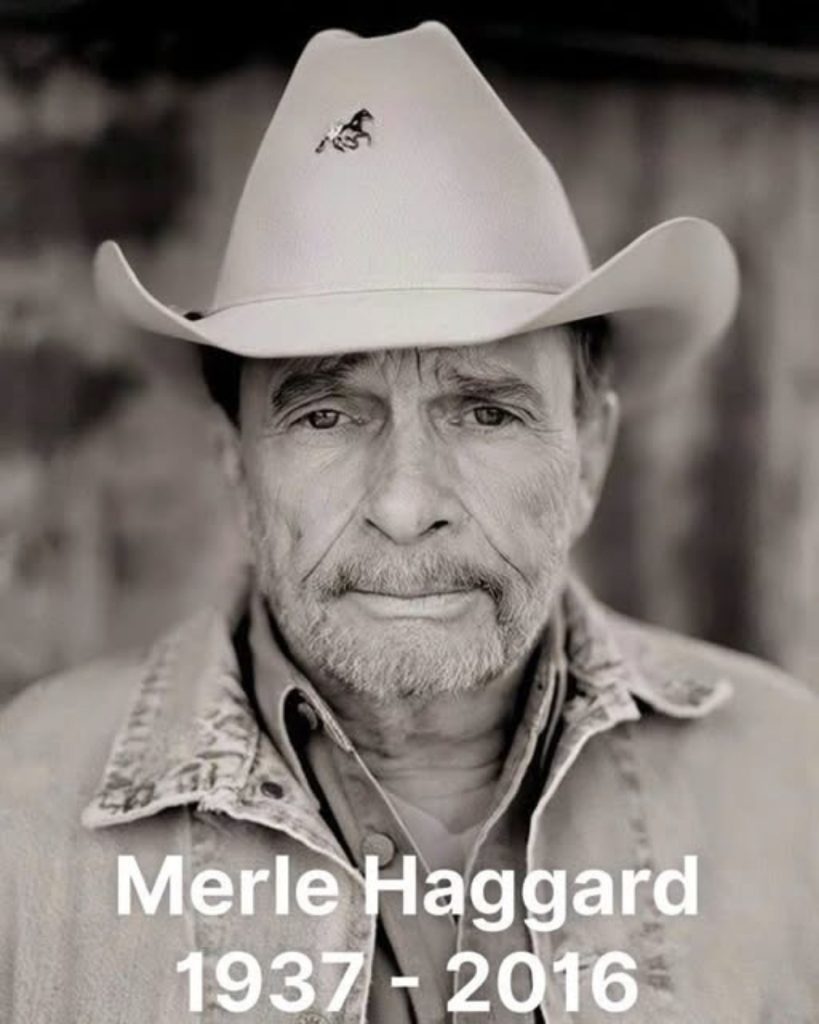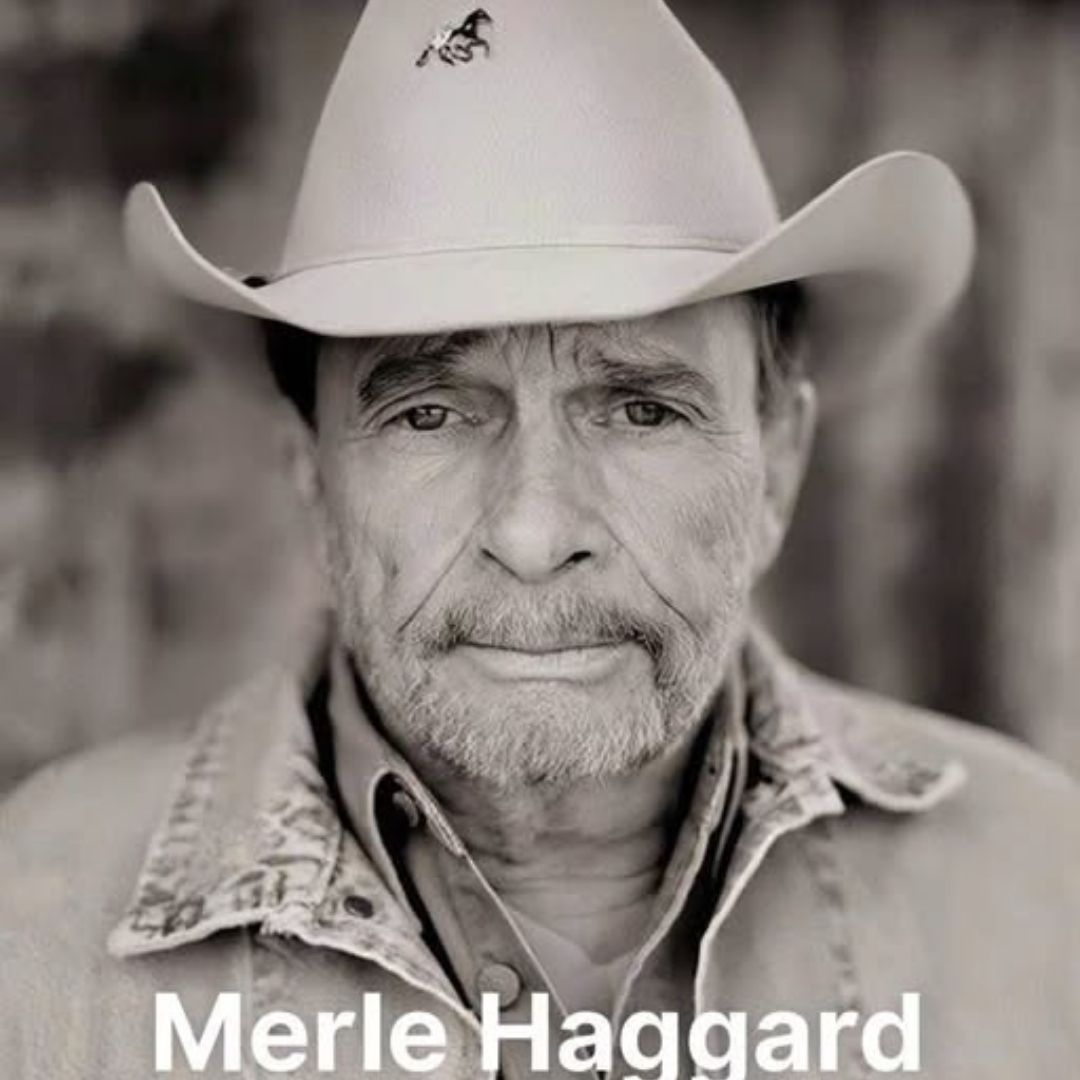
Introduction
Growing up in a small town, I remember my father playing Merle Haggard’s Kern River on an old vinyl record player, the crackle of the needle blending with the song’s mournful twang. It wasn’t just music—it was a story that felt alive, a window into a place and a pain I didn’t yet understand. The song’s raw emotion, rooted in the dangerous waters of California’s Kern River, captured something universal about love, loss, and the landscapes that shape us. This article dives into the heart of Kern River, a country classic that continues to resonate decades after its release.
About The Composition
- Title: Kern River
- Composer: Merle Haggard
- Premiere Date: July 1985
- Album/Opus/Collection: Kern River (fortieth studio album)
- Genre: Country, Bakersfield Sound
Background
Kern River was written and recorded by Merle Haggard, backed by his band, The Strangers, and released as the title track and only single from his 1985 album Kern River. The song peaked at number 10 on the Billboard Hot Country Singles chart, a testament to its resonance with audiences. Haggard, a central figure in the Bakersfield Sound—a gritty, honky-tonk-driven subgenre of country music—drew inspiration from the real Kern River in California, known for its beauty and deadly currents. The song tells the fictional story of the narrator’s girlfriend drowning in the river, a tragedy that haunts him as he reflects on his youth. According to the 2013 biography Merle Haggard: The Running Kind by David Cantwell, the track is “a scary record” that “screamed quiet and startled you alive,” capturing its understated yet powerful emotional impact.
The song’s creation came at a time when Haggard’s relationship with his record label, CBS, was fraying. In his 1999 memoir My House of Memories, Haggard recounts a tense meeting where a label executive dismissed Kern River and suggested he consider songs by younger songwriters. Haggard’s fiery response—challenging the executive to play a guitar and sing his own song—underscored his confidence in the track and his frustration with industry pressures. Despite this, Kern River solidified Haggard’s reputation as a storyteller who could weave personal and regional identity into universal themes, cementing its place as a standout in his extensive catalog.
Musical Style
Kern River is a masterclass in the Bakersfield Sound, characterized by its raw, unpolished edge and twangy instrumentation. The song features a simple yet evocative arrangement: steel guitars, fiddles, and drums create a mournful backdrop, while Haggard’s baritone voice carries the weight of the narrative. The structure is classic country—verse-chorus with a steady, mid-tempo rhythm—but its emotional depth lies in its restraint. The instrumentation doesn’t overpower; instead, it complements the lyrics, letting the story breathe. Haggard’s vocal delivery, with its subtle cracks and weary tone, conveys a man haunted by memory, making the song feel like a confession. The use of minor chords and a sparse arrangement amplifies the sense of loss, creating a soundscape that mirrors the treacherous yet beautiful Kern River itself.
Lyrics/Libretto
The lyrics of Kern River are a poignant narrative of love and loss, told from the perspective of an older man reflecting on a tragedy from his youth. Key lines like “I’ll never swim Kern River again / It was there I first met her / It was there that I lost my best friend” encapsulate the dual role of the river as both a place of connection and destruction. The Kern River, a real and dangerous waterway in California with a death toll of over 335 since 1968, becomes a metaphor for life’s unpredictability and the permanence of grief. Haggard’s storytelling is vivid yet economical, painting a picture of a specific place—Bakersfield, California—while tapping into universal emotions. The refrain’s repetition reinforces the narrator’s resolve to never return, blending regret with survival. The lyrics’ simplicity, paired with their emotional weight, make the song a powerful elegy, as Emmylou Harris noted in a 2008 interview with The Sun, praising its ability to sum up “deep grief and loss so eloquently.”
Performance History
Since its release, Kern River has been a staple in country music circles, performed by Haggard in countless live shows until his death in 2016. Its raw honesty made it a fan favorite, often cited as one of his most affecting works. The song was covered by notable artists, including Dave Alvin on his 2006 album West of the West and Emmylou Harris on her 2008 album All I Intended to Be, both of whom brought their own interpretations while honoring Haggard’s original vision. Harris, a longtime admirer, called Haggard the quintessential voice of country music, a sentiment echoed in her heartfelt rendition. While Kern River may not have the same canonical status as classical masterpieces, its enduring presence in country music reflects its ability to connect with listeners across generations.
Cultural Impact
Kern River transcends its country roots, resonating as a cultural artifact of Bakersfield and the American West. The song’s evocation of the Kern River—a real place with a storied history of danger and beauty—has made it a touchstone for discussions about the region’s identity and environmental challenges. The river’s dry spells, addressed in Haggard’s later song Kern River Blues, inspired local advocacy efforts like “Bring Back the Kern,” which used art installations to raise awareness about restoring the river’s flow. Beyond music, Kern River has been referenced in literature and media exploring themes of loss and rural life, cementing its place in the broader cultural landscape. Its influence on subsequent country artists is evident in the continued emphasis on storytelling and regional pride in the genre.
Legacy
The enduring power of Kern River lies in its ability to capture the human condition—love, loss, and the passage of time—through a distinctly American lens. Decades after its release, it remains a poignant reminder of Merle Haggard’s genius as a songwriter and storyteller. The song’s relevance today is undiminished, speaking to anyone who has grappled with grief or the pull of a place that shaped them. Its covers by artists like Emmylou Harris and its influence on modern country ensure that Kern River continues to touch new audiences, while its ties to the real Kern River keep it grounded in a specific, living history.
Conclusion
Kern River is more than a song—it’s a journey into the heart of loss, told with a simplicity that cuts deep. As someone who first heard it through a father’s love for country music, I find its honesty both heartbreaking and healing. I encourage readers to listen to Merle Haggard’s original recording for its raw authenticity or explore Emmylou Harris’s haunting cover for a fresh perspective. Let the song wash over you like the river itself, and discover why it remains a timeless piece of American music.
Video
Lyrics
I’m leavin’ town tomorrow
Get my breakfast in the sky
Well, I’m leavin’ in the early morning
Eat my breakfast in the sky
Be a donut on a paper
Drink my coffee on the fly
I’m flying out on a jet plane
Gonna leave this town behind
I’m flying out on a jet plane
Gonna leave this town behind
They’ve done moved the city limits
Out by the county line
Put my head up to the window
Watch the city fade away
Put my head close to the window
Watch Oildale fade away
The blues back in the ‘30s
Just likе the blues today
Therе used to be a river here
Runnin’ deep and wide
Well, they used to have Kern River
Runnin’ deep and wide
Then somebody stole the water
Another politician lied
When you closed down all the honky tonks
The city died at night
When you closed down all the honky tonks
The city died at night
When it hurt somebody’s feelings
Well, a wrong ain’t never right
Well, I’m leaving town forever
Kiss an old boxcar goodbye
Well, I’m leaving town forever
Kiss an old boxcar goodbye
I dug my blues down in the river
But the old Kern River is dry
